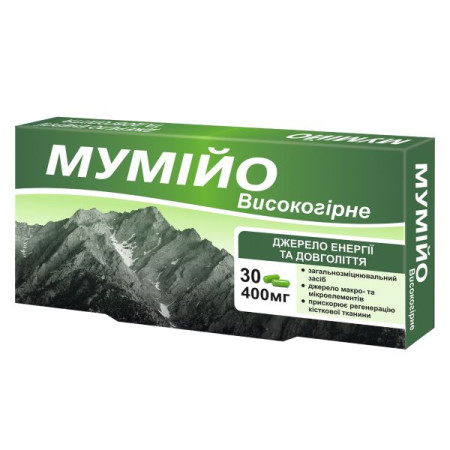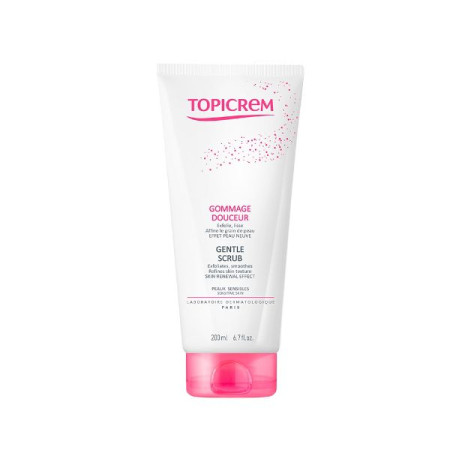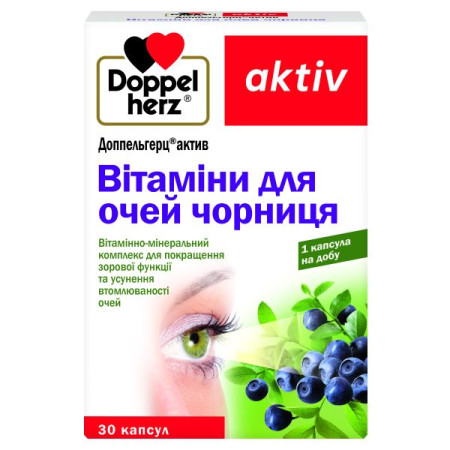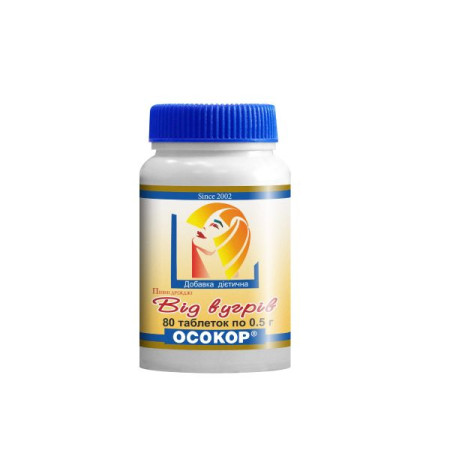Bilobil forte capsules 80 mg blister No. 60

Instructions for Bilobil forte capsules 80 mg blister No. 60
Composition
active ingredient: 1 capsule contains dry extract of ginkgo biloba leaves (Ginkgo biloba L., folium) (ratio of starting materials to extract 35–67:1) containing:
17.6–21.6 mg of flavonoids in the form of flavone glycosides;
2.24–2.72 mg of ginkgolides A, B, C;
2.08–2.56 mg of bilobalide – 80 mg;
extractant - acetone;
excipients: lactose monohydrate, corn starch, talc, colloidal anhydrous silicon dioxide, magnesium stearate, glucose solution;
capsule shell: gelatin, titanium dioxide (E 171), azorubine dye (E 122), red iron oxide (E 172), black iron oxide (E 172).
Dosage form
Capsules.
Main physicochemical properties: pink capsule. The capsule contains a powder from light to dark brown in color with visible dark particles, the presence of small lumps is possible.
Pharmacotherapeutic group
Drugs used in dementia. Ginkgo biloba. ATX code N06D X02.\
Pharmacological properties
Pharmacodynamics.
The exact mechanism of action is unknown. Pharmacological data indicate an increase in alertness in elderly patients according to the results of electroencephalography, a decrease in blood viscosity and an increase in vascularization of certain areas of the brain in healthy men (aged 60-70 years), as well as a decrease in platelet aggregation. In addition, a vasodilatory effect on the blood vessels of the forearm has been found, which increases regional blood circulation.
Pharmacokinetics.
After oral administration of 120 mg of ginkgo extract (in solution form), the mean bioavailability of terpene lactones was 80% for ginkgolide A, 88% for ginkgolide B and 79% for bilobalide. After administration of the tablet formulation, maximum plasma concentrations of terpene lactones reached 16–22 ng/ml for ginkgolide A, 8–10 ng/ml for ginkgolide B and 27–54 ng/ml for bilobalide. The corresponding half-lives for ginkgolide A and B and bilobalide were 3–4, 4–6 and 2–3 hours, respectively. Plasma concentrations after administration of a solution containing 120 mg of ginkgo extract were 25–33 ng/mL for ginkgolide A, 9–17 ng/mL for ginkgolide B, and 19–35 ng/mL for bilobalide. The half-lives of ginkgolide A were 5 hours, ginkgolide B was 9–11 hours, and bilobalide was 3–4 hours.
Indication
Bilobil Forte capsules are a herbal medicine for improving (age-related) cognitive disorders and quality of life in mild dementia.
Contraindication.
Hypersensitivity to ginkgo biloba extract or to any other component of the drug.
Pregnancy (see section "Use during pregnancy or breastfeeding").
Interaction with other medicinal products and other types of interactions
Concomitant use of the drug with anticoagulants (phenprocoumon, warfarin) or antiplatelet agents (clopidogrel, acetylsalicylic acid and other non-steroidal anti-inflammatory drugs) may affect the effect of these agents.
Studies conducted with warfarin have not revealed any interaction between warfarin and ginkgo medicinal products, however, it is recommended to ensure appropriate monitoring in case of concomitant use of warfarin with ginkgo medicinal products at the beginning and end of treatment or in case of a change in medicinal product.
An interaction study with talinolol suggests that ginkgo may inhibit P-glycoprotein in the small intestine, which may increase the gastrointestinal exposure of P-glycoprotein-sensitive drugs, such as dabigatran etexilate. Caution should be exercised when taking ginkgo with dabigatran.
An interaction study demonstrated that nifedipine Cmax may increase with ginkgo by up to 100% in some patients who experienced dizziness and increased hot flashes.
Concomitant use of ginkgo medicinal products and efavirenz is not recommended due to possible reduction in efavirenz plasma concentrations due to induction of cytochrome CYP3A4 (see section 4.4).
Application features
Before starting treatment with Bilobil Forte, it is important to be sure that the symptoms you are experiencing are not the result of other diseases that require specific treatment.
If symptoms worsen while using the medicine, you should consult a doctor.
Patients with a pathologically high tendency to bleed (hemorrhagic diathesis) and with concomitant use of anticoagulants or antiplatelet therapy should take Bilobil® forte only after consulting a doctor.
Ginkgo biloba medicines may increase the risk of bleeding. As a precaution, this medicine should be stopped 3–4 days before surgery.
In patients with epilepsy, the occurrence of additional seizures while taking Ginkgo biloba medications cannot be ruled out.
Concomitant use of Ginkgo biloba medicinal products with efavirenz is not recommended (see section “Interaction with other medicinal products and other types of interactions”).
There are no relevant indications for the use of Bilobil® forte capsules in children under the age of 18. Therefore, Bilobil® forte capsules should not be used in this age group.
Special precautions regarding inactive ingredients of the drug
The medicine contains lactose and glucose. Patients with rare hereditary forms of galactose intolerance, the Lapp lactase deficiency or glucose-galactose malabsorption should not take this medicine. The medicine contains the colouring agent azorubine (E 122), which may cause allergic reactions.
Use during pregnancy or breastfeeding
Pregnancy.
Ginkgo biloba extract may reduce platelet aggregation. Bleeding tendency may increase. Animal studies are insufficient to draw conclusions regarding reproductive toxicity.
The drug is contraindicated during pregnancy (see section "Contraindications").
Breast-feeding.
There is no evidence that metabolites of Ginkgo biloba are excreted in breast milk. A risk to newborns and infants cannot be excluded.
Due to the lack of clinical data, the drug is not recommended for use during breastfeeding.
Fertility.
There have been no specific studies on the effects of ginkgo biloba on human fertility, however, some effects have been observed in female mice.
Ability to influence reaction speed when driving vehicles or other mechanisms
No relevant studies have been conducted on the effects on the ability to drive or use machines.
Method of administration and doses
Dosage.
Adults and the elderly should take 1 capsule of 80 mg 3 times a day.
Duration of treatment.
The duration of treatment is at least 8 weeks.
If no symptomatic improvement is observed after 3 months or if pathological symptoms worsen, the doctor should check the need for continued use of the drug.
Method of application.
Oral use.
The capsule should be swallowed with a small amount of liquid, regardless of mealtime.
Children.
There are no relevant indications for children under 18 years of age (see section "Special warnings and precautions for use").
Overdose
No cases of overdose have been reported.
Adverse reactions
Very common: ≥ 1/10.
Common: ≥ 1/100 to < 1/10.
Uncommon: ≥ 1/1000 to < 1/100.
Rare: ≥ 1/10,000 to < 1/1,000.
Very rare: <1/10,000.
Unknown: cannot be determined based on available data.
| Organ system | Very often | Often | Unknown |
| Blood and lymphatic system | Hemorrhages (eyes, nose, brain, and gastrointestinal) | ||
| Immune system | Hypersensitivity reactions (allergic shock) | ||
| Nervous system | Headache | Dizziness | |
| Gastrointestinal tract | Diarrhea, abdominal pain, nausea, vomiting | ||
| Skin and subcutaneous tissue | Allergic skin reactions (erythema, edema, itching, and rash) |
The drug contains the dye azorubine (E 122), which in rare cases may cause allergic reactions and bronchospasm.
If any adverse reactions occur, discontinue use of the drug and consult a doctor.
Reporting of suspected adverse reactions.
Reporting adverse reactions after the registration of a medicinal product is important. This allows monitoring of the benefit/risk ratio when using this medicinal product. Medical and pharmaceutical professionals, as well as patients or their legal representatives, should report all cases of suspected adverse reactions and lack of efficacy of the medicinal product via the Automated Information System for Pharmacovigilance at the link: https://aisf.dec.gov.ua.
Expiration date
3 years.
Storage conditions
Store at a temperature not exceeding 25 °C in the original packaging to protect from moisture. Keep out of the reach of children.
Packaging
10 capsules in a blister; 2 or 6 blisters in a cardboard box.
Vacation category
Without a prescription.
Producer
KRKA, dd, Novo mesto, Slovenia.7.
Location of the manufacturer and address of its place of business
Smarjeska cesta 6, 8501 Novo mesto, Slovenia.
There are no reviews for this product.
There are no reviews for this product, be the first to leave your review.
No questions about this product, be the first and ask your question.


















